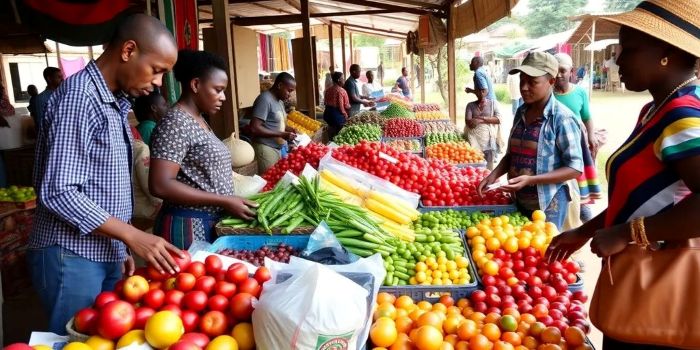(3 Minutes Read)
The Tanzanian government has officially lifted a two-day suspension on agricultural imports from Malawi and South Africa, following diplomatic discussions aimed at resolving the issue amicably.
In a statement released Friday, the Ministry of Agriculture announced the end of the ban, which had been enacted on Wednesday. The Ministry attributed the decision to the initiation of diplomatic engagement and the potential for long-term cooperation with both nations.
The original ban was a response to what Tanzanian officials viewed as unjust trade restrictions placed by Malawi and South Africa on Tanzanian agricultural exports. As a retaliatory measure, Tanzania blocked the import and transit of agricultural goods from those countries.
Following the suspension, both Malawi and South Africa reached out to Tanzania’s Ministry of Foreign Affairs and East African Cooperation, as well as the Ministry of Agriculture, signalling their willingness to resolve the issue through dialogue.
Malawi is scheduled to send a high-level delegation to Dodoma next week for direct talks aimed at removing trade barriers and strengthening agricultural partnerships. Meanwhile, Tanzanian and South African officials have already begun technical discussions in South Africa to normalise trade relations.
Read Also:
https://trendsnafrica.com/tanzania-bans-agri-imports-from-south-africa-and-malawi/
The swift reversal of the ban highlights the importance of agriculture in regional economic cooperation and signals a shared commitment to resolving trade conflicts through diplomacy rather than an extended standoff. The Ministry emphasised its dedication to protecting the interests of Tanzanian farmers while promoting equitable trade and bolstering regional ties in Southern Africa.
This move has been welcomed by agricultural stakeholders across the region as a sign that open dialogue remains the preferred path for settling trade disputes.





